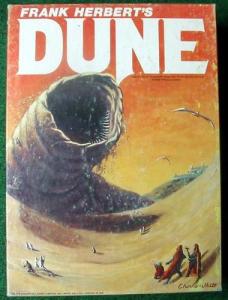There’s a beat-up copy of Perrine’s Literature on my bookshelf. It’s a 1998 edition, a hand-me-down from my older cousin. She used it to get through IB English and then let me do the same. And though we never used it for class, there’s a chapter in there on poetry that I read on my own. This is by Wallace Stevens:
Is there no change of death in paradise?
Does ripe fruit never fall? Or do the boughs
Hang always heavy in that perfect sky,
Unchanging, yet so like our perishing earth,
With rivers like our own that seek for seas
They never find, the same receding shores
That never touch with inarticulate pang?
Alas, that they should wear our colors there,
The silken weavings of our afternoons,
And pick the strings of our insipid lutes!
Death is the mother of beauty, mystical,
Within whose burning bosom we devise
Our earthly mothers waiting, sleeplessly.
This is hot stuff! But if I want to read some more of the really good poetry, where do I find it?
The Best Poems of the English Language seemed like a good place to start. It’s by Harold Bloom, a professor at Yale University and a prolific critic and writer of his own. And to be sure, there’s a lot of good poetry in there. There’s also this little gem:
… by reprinting only half a dozen poems published after 1923, I have largely evaded our contemporary flight from all standards of aesthetic and cognitive value. Since there are no poems in this volume that are not among the best in the language, I will have to cite some bad or inadequate work not reprinted here in order to discuss how and why we legitimately should choose among poems.
I mean, the guy is a professor at Yale. He knows what he’s doing. But lordy!
Now contrast Good Poems, edited by Garrison Keillor.
Stickiness, memorability, is one sign of a good poem. You hear it and a day later some of it is still there in the brainpan.
All the poems Keillor selected to go into this book are short. They were meant to be read on the radio to an audience that had just barely woken up. And all the poems are about real people. There’s joy, grief, and lots and lots of poems about snow. Well, he is a Minnesotan.








